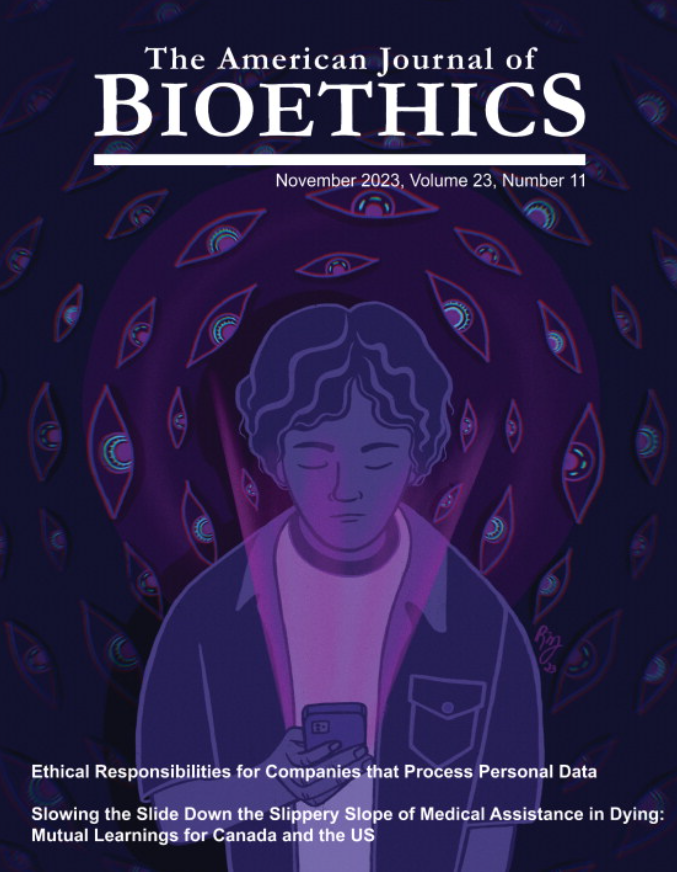Rosana Triviño, Jon Rueda y David Rodríguez-Arias, investigadores de FiloLab así como de los proyectos CONFINES e INEDyTO II han publicado el artículo «A Slippery Argument: Ableism in the Debate on Medical Assistance in Dying» en la revista The american journal of bioethics (Volume 23, 2023 – Issue 11). A continuación ofrecemos el comienzo del artículo y el link para acceder al texto completo en la página de la revista The american journal of bioethics.
«Nothing for us without us.” That is the motto of the Disability Rights Movement that Pullman (2023) seems to ignore in his work against wider access to medical assistance in dying (MAiD) in Canada (Bill C-7, 2021). In his attempt to advocate for people with disabilities, he appeals to the ableist argument behind euthanasia. We argue that his argument is fallacious for three main reasons: (1) There is a lack of empirical support proving that people with disabilities are receiving euthanasia at higher rates than those in the general population. (2) It is grounded on the so-called “expressivist objection,” according to which euthanasia sends a demeaning social message about the value of the lives of people with disabilities (Hofmann, 2017). (3) It falls into cripwashing, that is, using the rights protections of one group (persons with disabilities) to restrain general rights (Moscoso and Platero, 2017)».
Para citar el artículo: Rosana Triviño, Jon Rueda & David Rodríguez-Arias (2023) A Slippery Argument: Ableism in the Debate on Medical Assistance in Dying, The American Journal of Bioethics, 23:11, 99-102, DOI: 10.1080/15265161.2023.2256263

